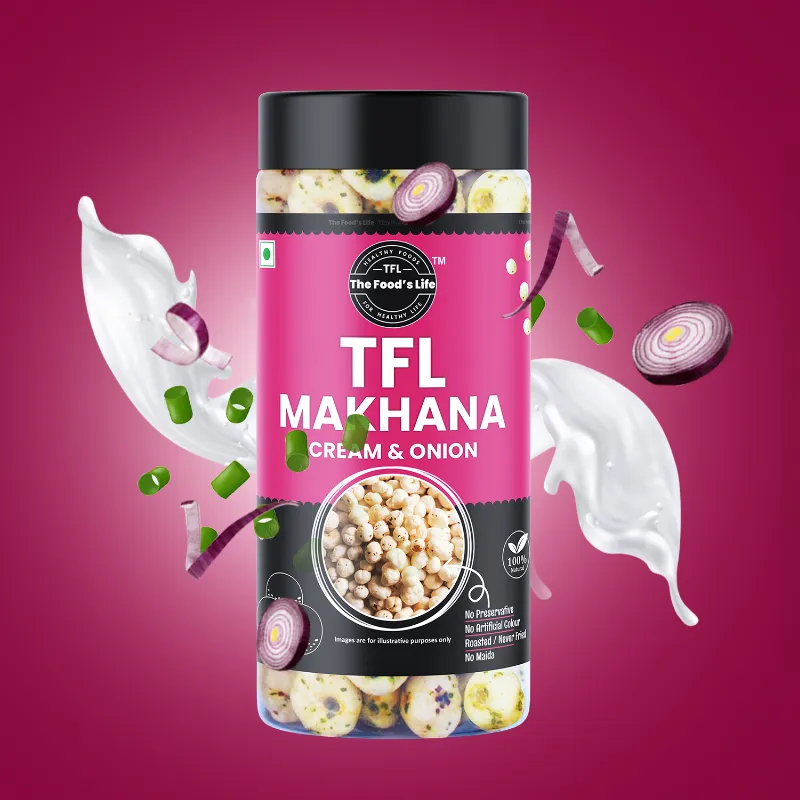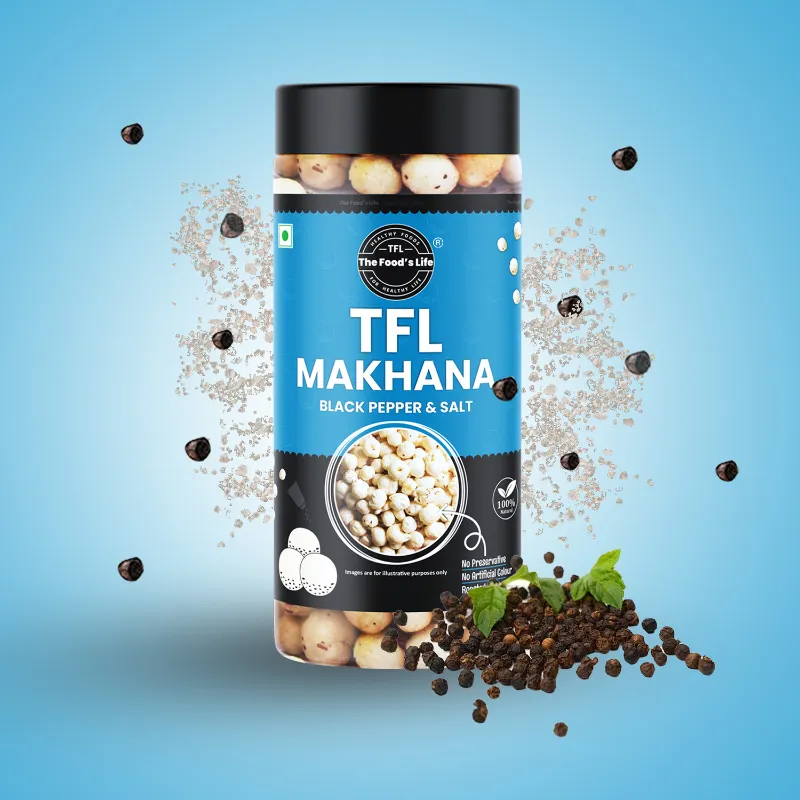Bhindi, also known as okra or ladyfinger, is not just a versatile vegetable that adds flavor and texture to our meals—it’s also a powerhouse of nutrients that offer a multitude of health benefits. Let’s delve into the world of bhindi and uncover the reasons why this humble vegetable deserves a prominent place on our plates.
Bhindi is packed with essential vitamins and minerals that are vital for overall health. It is particularly high in vitamin C, vitamin K, and folate, all of which play crucial roles in supporting immune function, blood clotting, and cell growth.
One of the standout features of bhindi is its high fiber content. Fiber is essential for digestive health as it helps regulate bowel movements, prevents constipation, and supports a healthy gut microbiome. Including bhindi in your diet can contribute to better digestive function and overall gut health.
Eating bhindi may have positive effects on heart health, thanks to its abundance of heart-friendly nutrients. The soluble fiber found in bhindi can help lower cholesterol levels, reducing the risk of heart disease. Additionally, the potassium content in bhindi helps regulate blood pressure, further supporting cardiovascular health.
For individuals with diabetes or those looking to manage their blood sugar levels. Bhindi can be a valuable addition to the diet. Its low glycemic index means it doesn’t cause a rapid spike in blood sugar levels after consumption. The fiber in bhindi also helps slow down the absorption of sugar into the bloodstream, promoting more stable blood sugar levels.
Bhindi is a low-calorie, nutrient-dense vegetable that can aid in weight management. Its high fiber content promotes feelings of fullness and satiety, helping to curb cravings and prevent overeating. Additionally, incorporating bhindi into meals can add bulk and flavor without significantly increasing calorie intake.
The vitamin C content in bhindi plays a vital role in supporting immune function. It helps stimulate the production of white blood cells, which are essential for fighting off infections and illnesses. Including bhindi in your diet can help strengthen your immune system and keep you feeling healthy and vibrant.
Bhindi contains antioxidants, such as vitamin C and beta-carotene, which help protect the skin from damage caused by free radicals. These antioxidants also promote collagen production, helping to keep the skin firm, youthful, and radiant. Adding bhindi to your diet can contribute to healthy, glowing skin from the inside out.
The vitamin A content in bhindi is beneficial for maintaining good vision and eye health. Vitamin A is essential for the proper functioning of the retina and helps protect against age-related macular degeneration and other eye conditions. Including bhindi in your diet can help support long-term eye health.
In conclusion, bhindi is not just a delicious addition to our meals. It’s a nutritional powerhouse that offers a wide array of health benefits. Since from supporting digestion and heart health to boosting immune function and promoting radiant skin, bhindi has earned its reputation as a superfood. So, the next time you’re planning your meals, be sure to include this humble green vegetable for a dose of health and vitality.






